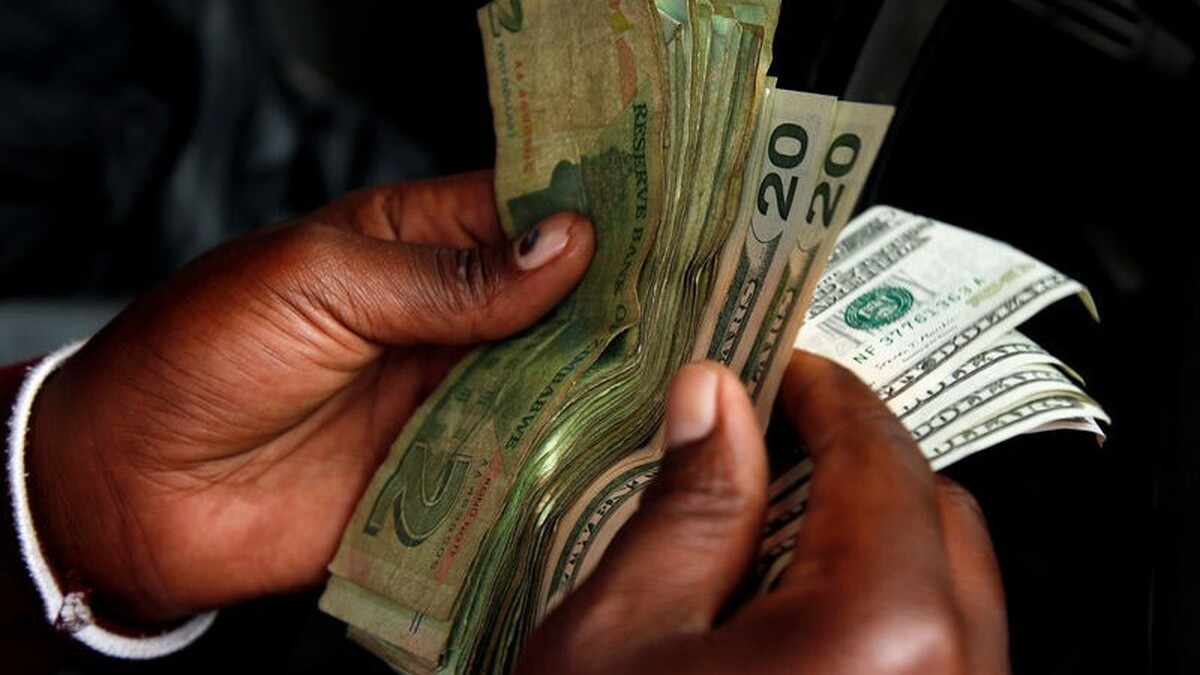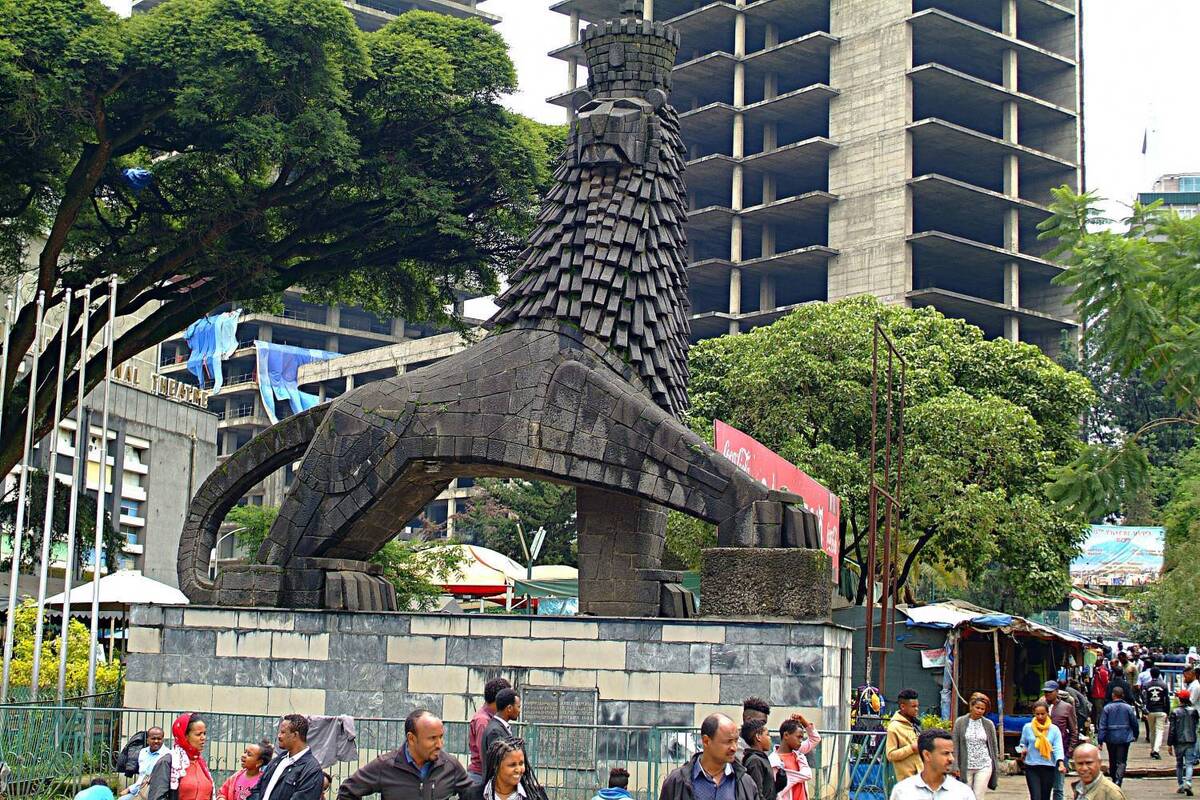Zimbabwe Seeks to Attract More Foreign Investment

Speaking at a two-day Zimbabwe Investment Summit that concluded in Johannesburg, South Africa, several Zimbabwean government ministers reiterated the readiness to welcome new, increased foreign investment into the country, taking advantage of the partial lifting of the sanctions as well as investor-friendly policies and incentives that are being offered by the government.
Zimbabwe is seeking to attract foreign investment in all sectors of the economy so that the country can transform into an upper-middle income economy by 2030, Finance Minister Mthuli Ncube said while officially opening the summit.
"The main objective of this summit is to drive investment in all sectors of the economy as well as to position Zimbabwe as a profitable investment destination," Ncube said.
He said that Zimbabwe's economic recovery after the COVID-19 pandemic has been strong and is continuing on a positive trajectory.
"Zimbabwe has been growing strongly, and it probably has been the fastest-growing economy in southern Africa over the past three years," Ncube said. "Compared to where the global economy is, you can see that Zimbabwe is bucking the trend."
Zimbabwe possesses vast investment opportunities in mining, agriculture, especially in the horticulture sub-sector, energy, transport, tourism, health, environment, telecommunications, and the financial services sector, he said.
The minister said Zimbabwe's financial services sector, now dominated by commercial and microfinance banking, needs to be strengthened by attracting more investment in investment banking. "The market is open to all investors, issuers, market intermediaries, foreign and domestic, including Zimbabweans in the diaspora."
Deputy Minister of Mines and Mining Development Polite Kambamura highlighted the vast mineral resources in the country waiting to be fully exploited, including the recently discovered oil and gas deposits.
He said ease-of-doing-business reforms have been implemented to attract and retain investment in the sector.
"Zimbabwe is an awakening giant. The best time to come and put your money in Zimbabwe is now, not tomorrow," Kambamura said.
Elias Magosi, executive secretary of the Southern African Development Community (SADC), said the regional economic grouping continues to call for the total, unconditional removal of sanctions on Zimbabwe so that it can realize its full economic potential.
"You can label them and say they are partial sanctions, but they remain sanctions regardless, even if there is only one person sanctioned," he said while addressing the summit.
"Investors outside, especially those from the developed world, the moment they see or hear the word sanctions, they do not care how it is disaggregated," Magosi said. "This is why SADC's consistent message has been the total, unconditional removal of sanctions so that Zimbabwe can then attract investment and join meaningful activation of economic development like all the other 15 SADC member states."
On March 4, the U.S. terminated a sanctions program that had been in force since 2003.
However, new sanctions were imposed on 11 individuals, including Zimbabwean President Emmerson Mnangagwa and Vice President Constantino Chiwenga, as well as three entities, over alleged involvement in corruption and human rights abuses.
The SADC has been pushing for the total removal of these sanctions since 2019, when the regional bloc adopted a resolution declaring Oct. 25 of every year as the anti-sanctions day, in solidarity with Zimbabwe.
Magosi said the SADC will be unrelenting in its call for the total removal of the sanctions.
"We want the sanctions to be removed on the head of state who is bringing in all these changes and needs partnerships. Those who are placing the sanctions have their own reasons, but we are saying you need to remove the sanctions so that you open doors for business people and investors to come into Zimbabwe," Magosi said.
4155/v
























